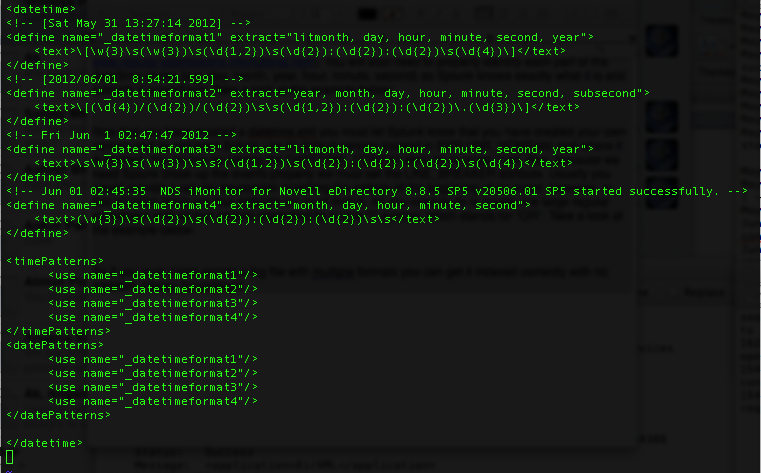In the world of information technology the acronyms are a plenty and their translations are often debated and overloaded. So what is WEM you ask? Well, WEM is short for West Edmonton Mall located in the glorious province of Alberta Canada OR a line of vintage guitar amplifiers depending how you structured your Google search...I'm just kidding, don't leave just yet! Let's rewind. WEM, Web Experience Management, is an acronym used to describe the evolution of Web Content Management software into a realm that encompasses online interactions with visitors across multiple delivery channels...
WEM Distilled





